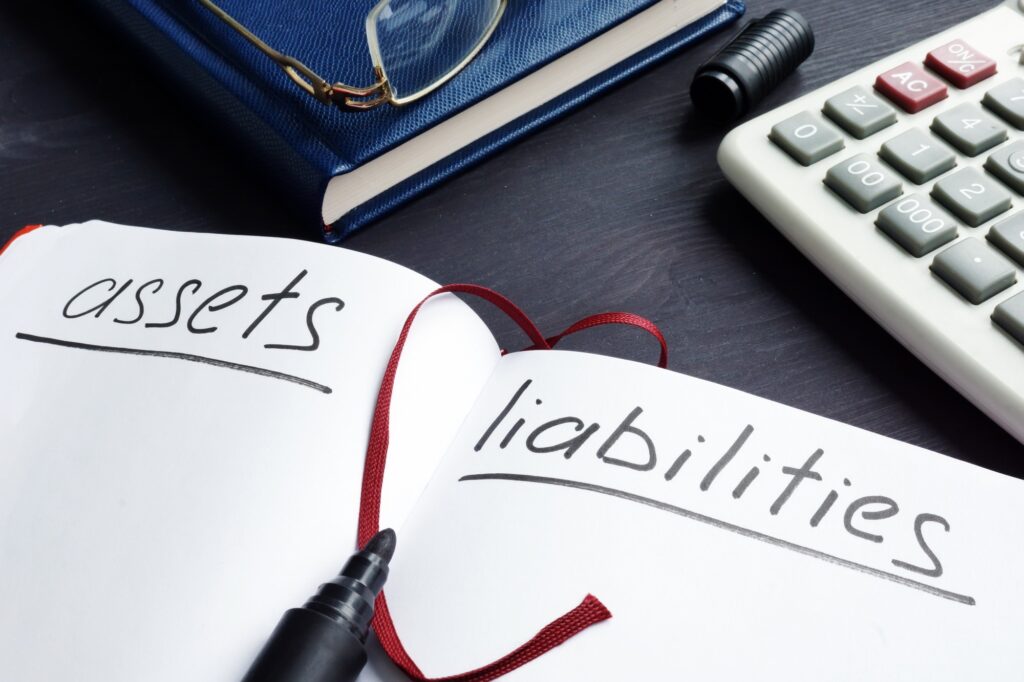
Your hidden assets and liabilities – what they are and how to manage them
|
|
A financially-resilient business must clearly identify its assets and liabilities. It’s essential to understand what your accountant would define as your assets and liabilities; it’s equally important, though, to be aware of the other assets and liabilities that you won’t find on your business’s balance sheet!
Let’s establish our starting points first…
Assets and liabilities: the accountant’s definition
👉 An accounting asset is something of numerical value to your business (e.g., cash, outstanding invoices to be paid by your customers, stock, equipment and property).
👉 An accounting liability is something that is of concern to your business assets (e.g., debts, unpaid bills, tax due and loans to be repaid).
If your business is to be financially resilient, you must be clear on your assets and liabilities. In particular, you must know all your liabilities, when they are due to be paid each month and how quickly you will pay all your debts based on your income and other outgoings.
Discovering your additional assets and liabilities
These other assets and liabilities you need to know about can be much harder to quantify numerically. That’s why you won’t find them in your accounts!
Let’s first get a sense of what they might be:
👉 A financial resilience asset is anything that would help you achieve financial resilience.
👉 A financial resilience liability is anything that threatens to (or actually does) take you further away from financial resilience.
Now let’s try to quantify these.
First, ask yourself what ‘financial resilience’ would look like in your life. For instance, you might define financial resilience as:
👉 Feeling you have a safety net to fall back on in a financial storm, or
👉 The knowledge that you have 3-6 months’ earnings put by in a savings account, or
👉 The confidence that you can be financially independent if need be.
Jot down your own answer(s) in a notebook or a new file, then add your answers to these questions:
- “What actions, beliefs, thoughts, things or people can help me achieve my definition of financial resilience?” Make a list of these assets and consider how much each one is contributing towards you having a financially-resilient business or being financially resilient yourself. Rate them on a scale of 1 to 5, where ‘1’ equates to having little contribution and ‘5’ means having a huge contribution.
- “What actions, beliefs, thoughts, things or people take me further away from financial resilience?” Note down how much each of these is stopping you from having a financially-resilient business or being financially resilient yourself. Again, rate them on a scale of 1 to 5, where ‘1’ means having little impact and ‘5’ means having a huge impact).
👉 If you were unable to identify any assets, or all your liabilities scored 5, we highly recommend you join The Financial Resilience Hub for help and support. Find out what membership gives you.
Tips for going forward
👉 Choose just one asset to engage with to get you started. While engaging with all the financial resilience assets you identified in question 1 will help you be financially resilient, too many can be overwhelming. This is especially the case if you have other business or personal challenges in your life, so choose just one asset to work on. Focus your attention on the one action, belief, thought, thing or person that scored a 5 in question 1.
👉 Choose just one liability to avoid. While avoiding all the financial resilience liabilities you identified in question 2 will help you be financially resilient, trying to avoid too many can be overwhelming. Again, if you have other challenges to deal with right now, choose just one liability to avoid. Focus your attention on avoiding the one action, belief, thought, thing or person that scored a 5 in question 2.
👉 For weekly tips and news of other blogs released, follow our LinkedIn page.
ABOUT THE AUTHOR

Helen Monaghan is a Chartered Management Accountant, accredited NLP Practitioner & Finance Coach. Both a psychology graduate and an accountancy graduate, she has authored three business books, which beautifully bring together psychology, finance, and tax to empower the reader about money. Helen is the CEO of HM Finance Coaching & Advisory Ltd, a company that provides financial education and business mindset coaching to small businesses across the UK, in addition to accountancy services for limited companies in Scotland and across the UK. Helen is also the founder of The Financial Resilience Hub – find out how we can support you, and your business, to be financially resilient through our monthly membership.
© Helen Monaghan
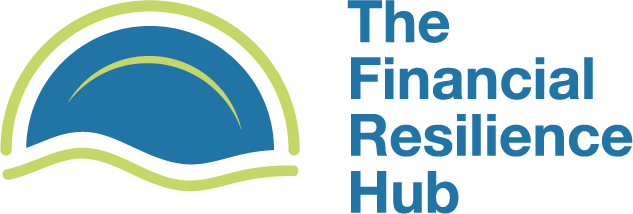
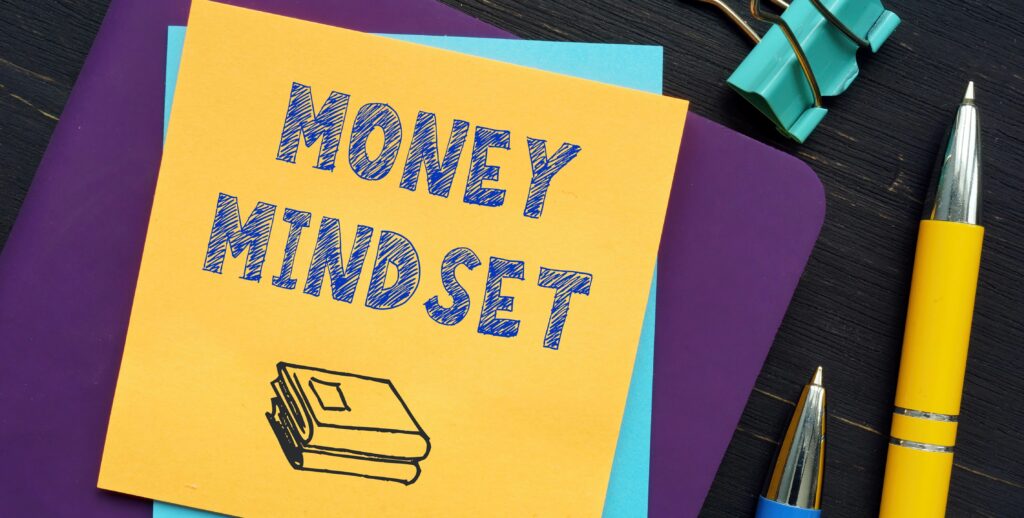
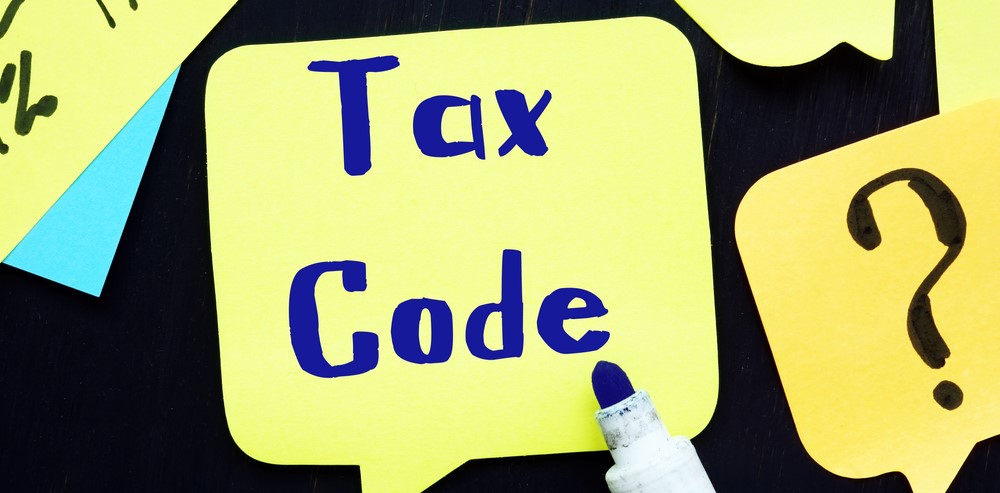


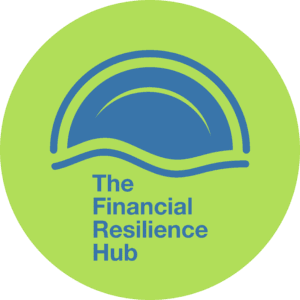
Responses